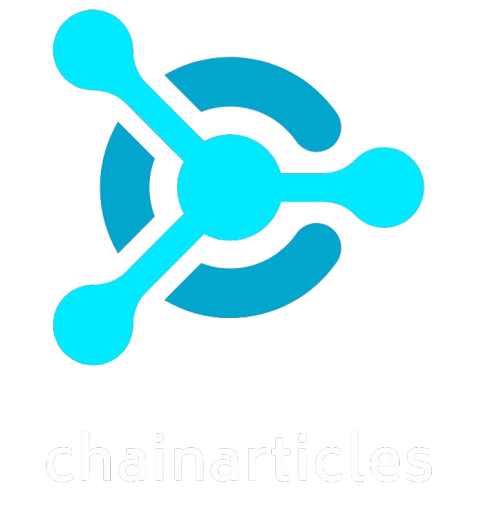Plaid, which connects bank accounts to financial applications, has sold about $575 million worth of common stock at a $6.1 billion post-money valuation, the fintech company confirmed to TechCrunch.
The valuation is about less than half of the $13.4 billion that San Francisco-based Plaid was valued at when it raised a $425 million Series D in April 2021 in a round led by Altimeter Capital. A spokesperson acknowledged the decrease, saying it was “simply a reflection of the contraction of multiples across the market.”
Indeed, higher interest rates have led to lower valuations for many startups that last raised at the top of the high cycle in 2021.
Still, Plaid’s new valuation is about 15% higher than the $5.3 billion Visa was going to pay for the company before that acquisition deal fell apart in January of 2021 due to regulatory concerns.
Plaid will not go public in 2025 but it is a milestone the company continues “to track towards,” according to the spokesperson. In October 2023, Plaid named former Expedia exec Eric Hart to serve as its new chief financial officer. The fact that it appeared to be eyeing an IPO — albeit with no timeline — drew attention.
Today, the company maintains that it is “well-capitailized.”
“Plaid’s business is in a great position and we’re optimistic about the opportunity ahead,” the spokesperson said.
Franklin Templeton led the “oversubscribed” raise, which also included participation from new backers Fidelity Management and Research, BlackRock, and others in addition to existing investors NEA and Ribbit Capital. Plaid characterized the transaction as “not a Series E,” but rather a sale of common stock, which involves a company directly issuing new shares to raise capital. This is different from a secondary share sale, which occurs when existing shareholders sell their shares to other investors, without the company receiving any new capital.
The proceeds of the round will be used to address employee tax withholding obligations related to the conversion of expiring RSUs (restricted stock units) to shares, and to offer some liquidity to its current team via an employee tender offer, CEO and co-founder Zach Perret (pictured above) said in a blog post.
While the company did not break down how much capital exactly was going toward each initiative, a spokesperson told TechCrunch the majority of the secondary sale was going toward the conversion of the RSUs that will be expiring in the coming years.
“We raised the capital to cover the RSU expiry issue and there is a small tender for employees, but it is not the entirety of the round,” the spokesperson said.
Restricted stock units are typically issued to employees through a vesting schedule after they achieve required performance milestones or upon remaining with their employer for a particular length of time.
This raise comes on the heels of what Perret described as a “record-setting year on revenue, a return to positive operating margins, and a meaningful increase in the companies and markets” Plaid serves.
He didn’t provide hard revenue figures, saying that revenue grew over 25% in 2024 and that the company was approaching “sustained profitability.” In a shareholder letter viewed by TechCrunch, Perret also wrote that new products represented more than 20% of Plaid’s ARR in 2024, “compounding at 93% annually.”
Founded in 2012, Plaid got its start as a company that connects consumer bank accounts to financial applications but has since been gradually expanding its offerings to also include lending, identity verification, credit reporting, anti-fraud, and payments.
Being a multi-product company has led to traction beyond the traditional fintech customers it started out serving. President Jen Taylor told TechCrunch last June that enterprise and traditional financial institution growth was “starting to outpace the rest of its business.”
Overall, Plaid saw “a big upswing in the number of enterprises” it serves in 2024, Perret wrote in the shareholder letter. The company counts Citi, Robinhood, H&R Block, Invitation Homes, GoFundMe, Zillow, and Rocket as “key customers.”
Perret also wrote: “Our goal is to build software that makes the financial system easier and better for everyone. Our products are the bedrock upon which many of the most well-known financial brands are built – companies like Affirm, Chime, Robinhood, and SoFi.”
Plaid has raised about $1.3 billion in funding over its lifetime. Presently, it has 1,200 employees across the United States, Canada, the United Kingdom, and the EU.






